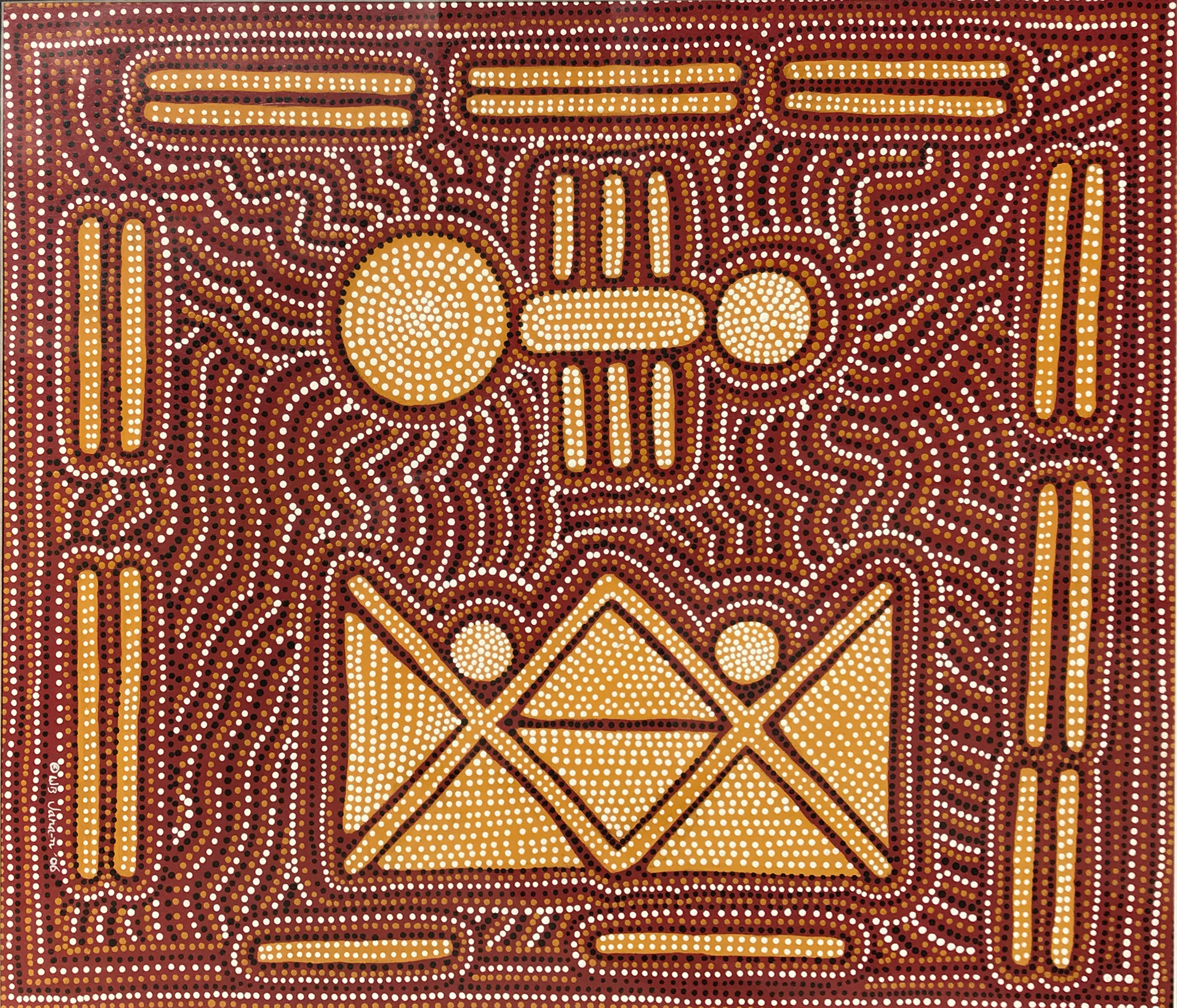Assessing the Disability Needs of Indigenous Prisoners
Synapse is sub-contracted to Griffith University to run the Assessing the Disability Needs of Indigenous Prisoners (ADNIP) project, which is funded by the Department of Social Services.
ADNIP is a national project examining the methods and processes for the identification of disability and provision of support for Aboriginal and/or Torres Strait Islander prisoners and formerly incarcerated people. The focus is on disability which can be ‘hidden’ like hearing loss, cognitive impairments (Fetal Alcohol Spectrum Disorder (FASD) or acquired brain injury) and related disabilities.
There are two parts to the project currently underway. Mr Vere Lambert-Morris, Senior Research Assistant, is leading the jurisdictional field work which involves interviews with corrections staff. Dr Michelle McIntyre, is leading the Community consultation component.
Five states/territories across Australia have agreed to participate in the jurisdictional fieldwork – Queensland, New South Wales, Australian Capital Territory, South Australia and Victoria.
“We are speaking to prison staff about what’s meant to happen in terms of identifying, assessing and managing disability, and getting insight from the front-line staff about what actually happens so we can identify where the gaps are,” Mr Morris said.
That information will feed into the Community Consultation process, with Dr McIntyre to present the findings of prison staff interviews and compare this with firsthand community experience of disability assessment and management in the prison system.
For the Community Consultations we will be speaking to Aboriginal and/or Torres Strait Islander Elders, Traditional Owners, community advocates from peak bodies and non-government organisations, individuals with lived experience, and their families.
Dr McIntyre explained, “We’re going out to Community nationally to ask people’s priority solutions and preferred practices to the challenges identified in our literature review, and fieldwork. A team of Aboriginal and/or Torres Strait Islander community researchers have been trained to lead these focus groups.”
“What we’re learning and what we know from the literature is that culturally appropriate identification tools and supports are lacking in prisons. Additionally, there is a reliance on self-report which can be problematic when people are not aware of their disability, or don’t want to disclose this information to prison staff. When disability is unidentified this has big implications for people in prisons, and when they transition back to the community,” Dr McIntyre said.
Professor Elizabeth Kendall from Griffith University, CEO of Synapse and Adjunct Associate Professor Jennifer Cullen and Dr McIntyre will talk to key stakeholders involved with Aboriginal and/or Torres Strait Islander disability and justice to ask how we enact the recommendations put forward by Community.
Wamu Possibilities by Aunty Lauraine Barlow
Used with Aunty Lauraine Barlow’s permission, as a symbol for the project. Wamu (the black worker ant) works tirelessly and his tracks lead off in many directions, indicating the many different and complex paths we can follow in life. Two people are holding hands representing the need for support to create opportunities when our paths become lost. The triangles symbolise the balance between mind, body and land which is a strong stabilising force to help people find productive pathways in life.
